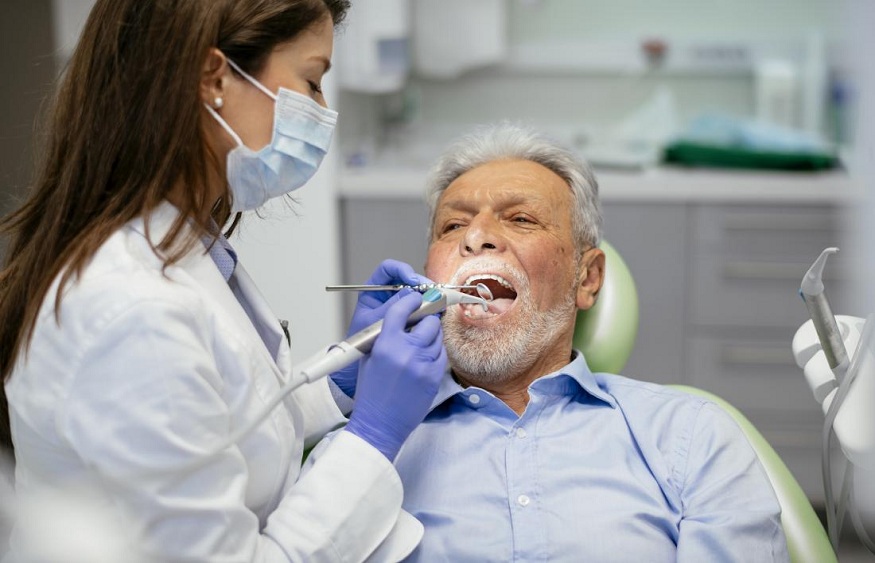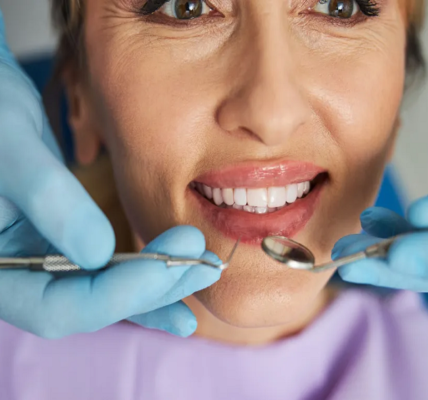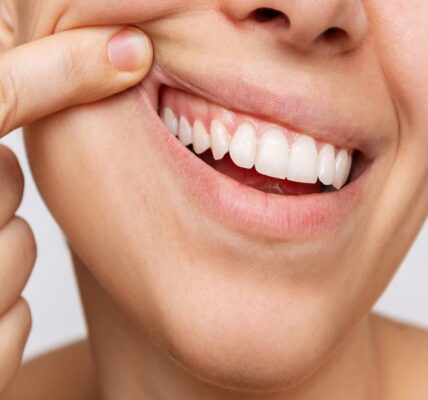Dentistry is a specialized branch of healthcare that focuses on the diagnosis, prevention, and treatment of oral diseases and conditions. Dentists play a crucial role in maintaining the oral health and function of individuals of all ages. From routine check-ups and cleanings to complex restorative procedures, dentistry encompasses a wide range of services aimed at keeping our smiles healthy and functional. In this blog post, we will explore the importance of dentistry in maintaining oral health, enhancing quality of life, and promoting overall well-being.
The Significance of Oral Health:
Oral health is an integral part of overall health and well-being. A healthy mouth enables us to speak, eat, and smile with confidence, while also playing a vital role in our digestion and overall systemic health. Poor oral health can lead to various problems, including tooth decay, gum disease, bad breath, and even systemic conditions such as cardiovascular disease and diabetes. Regular dental care and maintenance are crucial for preventing these issues and preserving oral health.
The Role of Dentists:
Dentists are oral healthcare professionals who are highly trained and skilled in diagnosing, treating, and preventing oral diseases and conditions. They offer a wide range of services to meet the diverse needs of their patients. Here are some key aspects of dentistry:
- Preventive Care: Prevention is at the core of dentistry. Dentists emphasize the importance of routine check-ups, cleanings, and oral hygiene practices to prevent oral diseases. They provide guidance on proper brushing and flossing techniques, recommend fluoride treatments and sealants to protect teeth, and educate patients on maintaining a healthy diet to prevent tooth decay.
- Diagnosis and Treatment: Dentists are proficient in diagnosing oral health issues and providing appropriate treatment. They conduct thorough examinations, take dental X-rays, and use other diagnostic tools to identify problems such as cavities, gum disease, and oral cancers. Treatment options may include fillings, root canals, periodontal therapy, and tooth extractions, among others.
- Restorative Dentistry: Dentists restore the function and aesthetics of damaged or missing teeth through various restorative procedures. These may include dental crowns, bridges, dentures, and dental implants. Restorative dentistry helps improve chewing ability, speech, and overall oral health.
- Cosmetic Dentistry: Dentists also offer cosmetic procedures to enhance the appearance of smiles. These procedures include teeth whitening, veneers, orthodontics, and gum contouring. Cosmetic dentistry not only improves self-confidence but also contributes to maintaining oral health by addressing issues such as misaligned teeth or bite problems.
- Oral Health Education: Dentists play a crucial role in educating patients about oral health. They provide guidance on proper oral hygiene practices, diet and nutrition, tobacco cessation, and the importance of regular dental visits. By empowering patients with knowledge, dentists promote long-term oral health and disease prevention.
Advancements in Dentistry:
Dentistry continues to evolve with advancements in technology, materials, and techniques. Some notable advancements include:
- Digital Dentistry: Digital imaging, intraoral cameras, and computer-aided design and manufacturing (CAD/CAM) technology have revolutionized dentistry. These tools improve diagnostic capabilities, streamline treatment planning, and enable more precise and efficient dental restorations.
- Minimally Invasive Techniques: Dentistry now focuses on preserving natural tooth structure through minimally invasive techniques. This includes using adhesive materials for fillings, laser dentistry for certain procedures, and non-surgical approaches to gum disease treatment.
- Dental Implants: Dental implants have transformed the field of restorative dentistry. These titanium implants serve as artificial tooth roots, providing a stable foundation for dental crowns, bridges, or dentures. Dental implants not only restore function but also prevent bone loss and maintain facial structure.
Conclusion:
Dentistry is essential for maintaining oral health, function, and overall well-being. Dentists play a crucial role in diagnosing, treating, and preventing oral diseases, while also educating patients on proper oral hygiene practices. By embracing preventive care, utilizing advanced techniques, and offering a range of treatment options, dentists contribute to improving smiles, boosting self-confidence, and enhancing quality of life. Regular dental visits and oral care are vital for maintaining optimal oral health throughout our lives.









